Introduction
Understanding these health concerns for Bichon Frise can help ensure a healthy life for your furry friend.
- Despite their robust nature, they can face specific health issues
- Awareness of potential health concerns is key to a happy, healthy Bichon Frise
- Regular check-ups and proactive care can help prevent serious problems
- Understanding these common issues enables better preparation for owners
- Learn about the top 10 health concerns for Bichon Frises and how to address them
1. Allergies

Allergies in Bichon Frises can cause itching and discomfort.
- Food Allergies: Some Bichons may react to certain ingredients
- Environmental Allergies: Dust, pollen, and mold can trigger allergies
- Flea Allergies: Bites from fleas may cause severe itching and irritation
- Contact Allergies: Sensitivity to fabrics or cleaning products is possible
- Symptoms: Include scratching, redness, and ear infections
- Diagnosis: A vet can identify allergies through tests and observation
- Treatment: Often involves medications, diet changes, or allergen avoidance
- Prevention: Regular grooming and flea control can help reduce allergy risks
2. Dental Disease
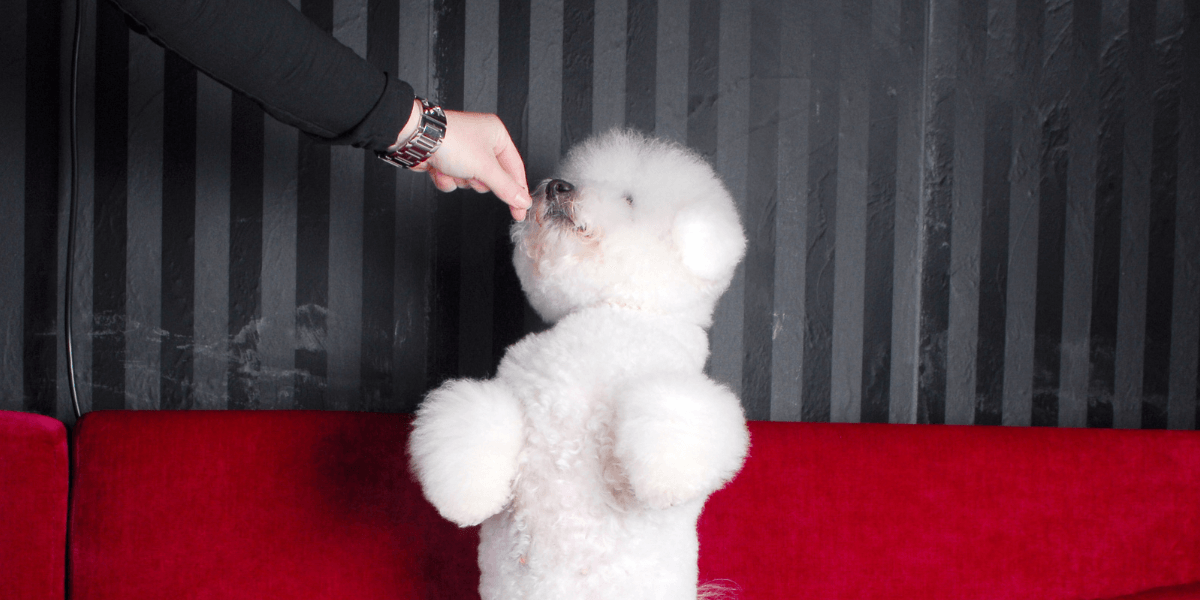
Dental disease is common in small breeds like Bichon Frises.
- Plaque Build-Up: Can lead to tartar, decay, and gum disease
- Gingivitis: Early stage of gum disease-causing inflammation and redness
- Periodontal Disease: Severe gum infection that can affect overall health
- Tooth Loss: May occur due to untreated dental disease or injury
- Symptoms: Bad breath, swollen gums, and difficulty eating
- Diagnosis: Requires regular dental check-ups and cleanings
- Treatment: Scaling, extractions, or medications may be needed
- Prevention: Brushing teeth daily and providing dental chews help
3. Bladder Stones

Bladder stones can cause pain and urinary issues in Bichon Frises.
- Types of Stones: Include struvite and calcium oxalate stones
- Causes: Diet, genetics, and urinary infections contribute to stone formation
- Symptoms: Frequent urination, blood in urine, and pain during urination
- Diagnosis: X-rays or ultrasounds can detect stones in the bladder
- Treatment: May require medication, diet changes, or surgery
- Prevention: Hydration and a balanced diet can reduce stone risks
- Risk Factors: Include age, breed predisposition, and diet composition
- Monitoring: Regular vet visits help catch issues early
4. Ear Infections
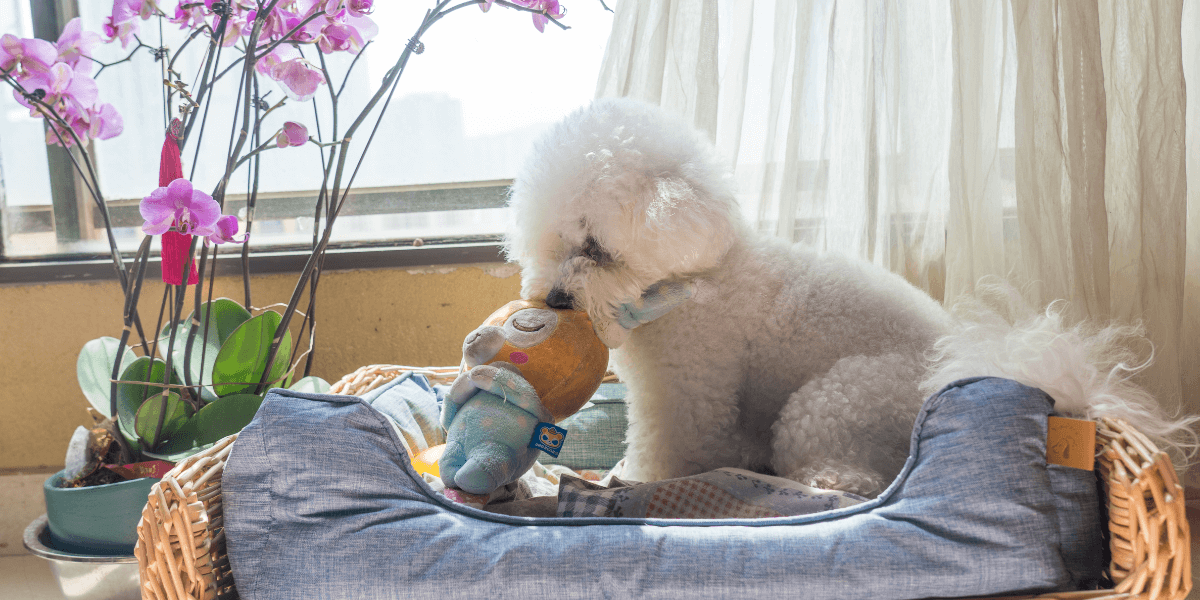
Bichon Frises are prone to ear infections due to their floppy ears.
- Causes: Moisture, wax buildup, and bacteria can cause infections
- Symptoms: Include head shaking, ear scratching, and foul odor
- Diagnosis: A vet examines the ear canal for signs of infection
- Treatment: Often involves ear cleaning and medication
- Prevention: Regular ear checks and cleanings reduce infection risks
- Chronic Infections: May require long-term management strategies
- Underlying Conditions: Allergies can contribute to recurring ear issues
- Follow-Up: Ensures infections are properly treated and prevented
Ensure your Bichon Frise's comfort and support with top-rated orthopedic beds designed for optimal joint health.
5. Patellar Luxation
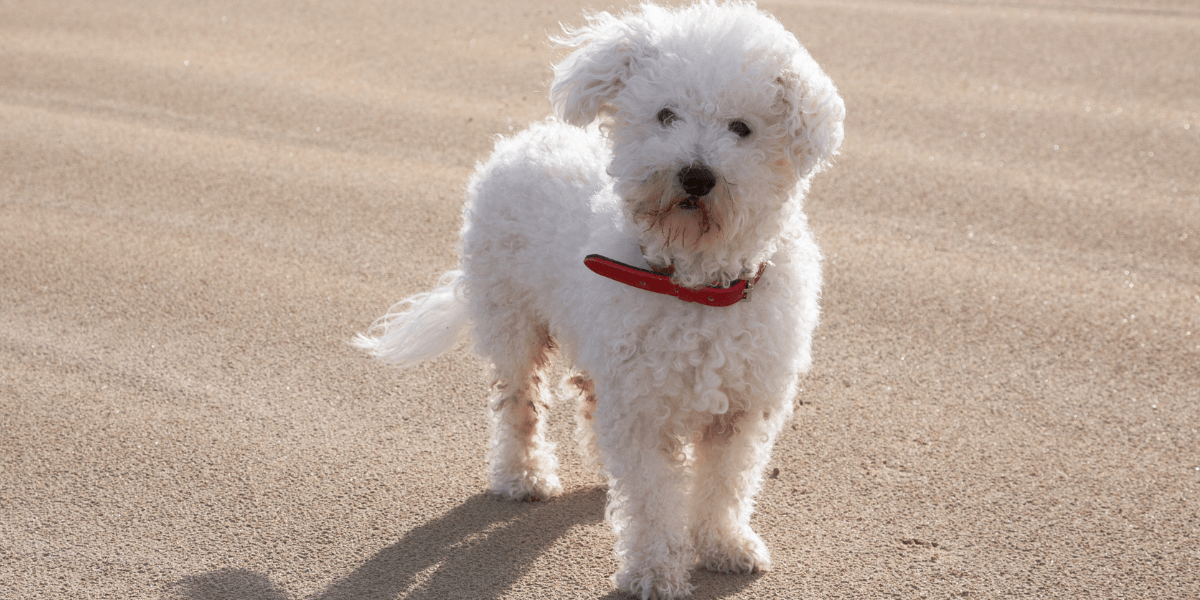
A common health concern for Bichon Frise occurs when the kneecap (patella) dislocates.
- Symptoms: Limping, hopping, or difficulty walking may occur
- Causes: Genetics and trauma can lead to patellar luxation
- Diagnosis: A vet checks for kneecap dislocation through an examination
- Treatment: May include surgery, medication, or physical therapy
- Prevention: Keeping the dog at a healthy weight can help prevent strain
- Severity Levels: Range from mild to severe, affecting treatment options
- Surgery: In severe cases, surgery may be necessary to correct alignment
- Recovery: Post-surgery care involves restricted activity and monitoring
6. Hip Dysplasia
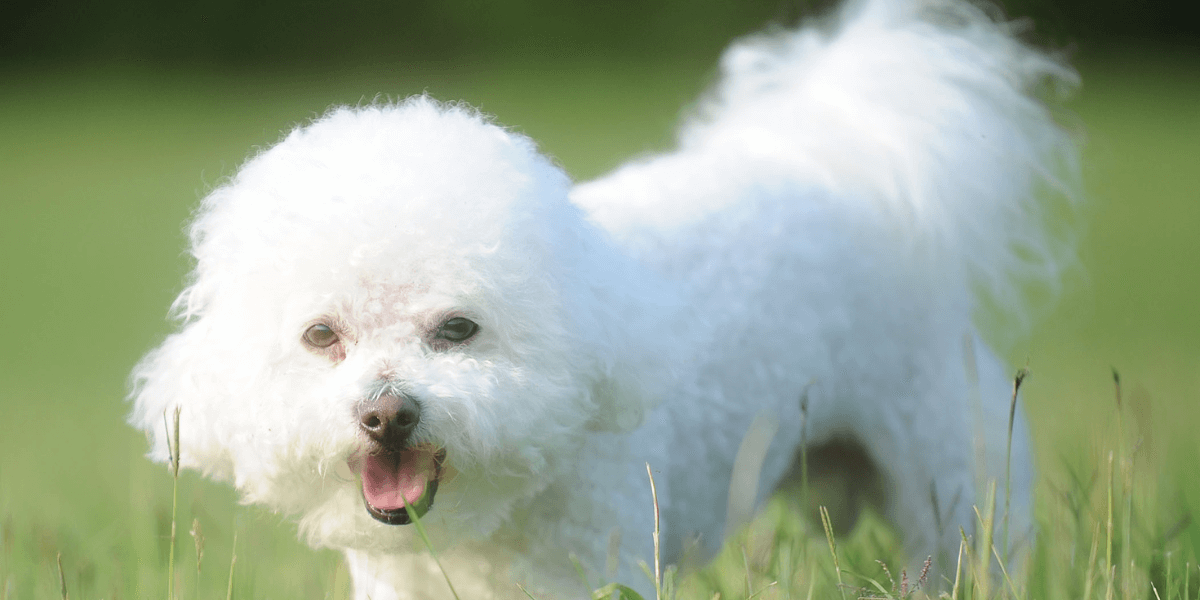
Hip dysplasia can cause discomfort and mobility issues in Bichon Frises.
- Causes: Genetics, rapid growth, and improper nutrition can contribute
- Symptoms: Limping, stiffness, and reluctance to climb stairs
- Diagnosis: X-rays confirm hip dysplasia in affected dogs
- Treatment: Includes weight management, medication, or surgery
- Prevention: Regular exercise and a balanced diet promote joint health
- Genetic Testing: Can help identify dogs at risk for hip dysplasia
- Supportive Care: Orthopedic beds and joint supplements aid in comfort
- Monitoring: Regular vet visits are important for managing symptoms
Learn effective strategies to prevent and manage hip dysplasia in your Bichon Frise for a healthier, active life.
7. Cataracts

Cataracts affect vision and are common in older Bichon Frises.
- Symptoms: Cloudy eyes, vision loss, or bumping into objects
- Causes: Genetics, diabetes, or aging can lead to cataract development
- Diagnosis: A vet examines the eyes to identify cataracts
- Treatment: Surgery is the most effective treatment for cataracts
- Prevention: Regular eye check-ups help detect cataracts early
- Post-Surgery Care: Includes medication and restricted activity
- Prognosis: Most dogs recover well with appropriate care
- Support: Using vision aids and maintaining a familiar environment helps
8. Heart Disease
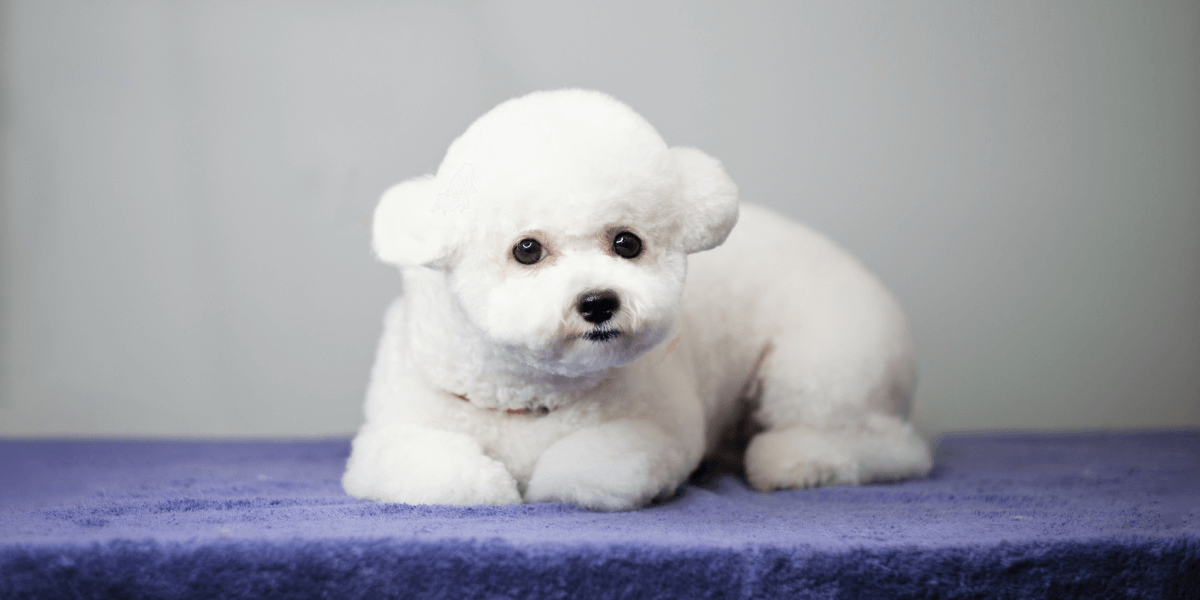
Heart disease is another significant health concerns for Bichon Frise.
- Types: Include valve disease and dilated cardiomyopathy
- Symptoms: Coughing, fatigue, and difficulty breathing
- Diagnosis: Involves blood tests, X-rays, and ultrasounds
- Treatment: Medications and lifestyle changes can manage heart disease
- Prevention: Regular vet check-ups and heart-healthy diets are vital
- Management: Monitoring and adjusting medications as needed
- Risk Factors: Include age, genetics, and obesity
- Exercise: Moderate activity is beneficial, but avoid overexertion
Stay informed about common health issues in Bichon Frises to ensure early detection and effective treatment.
9. Obesity
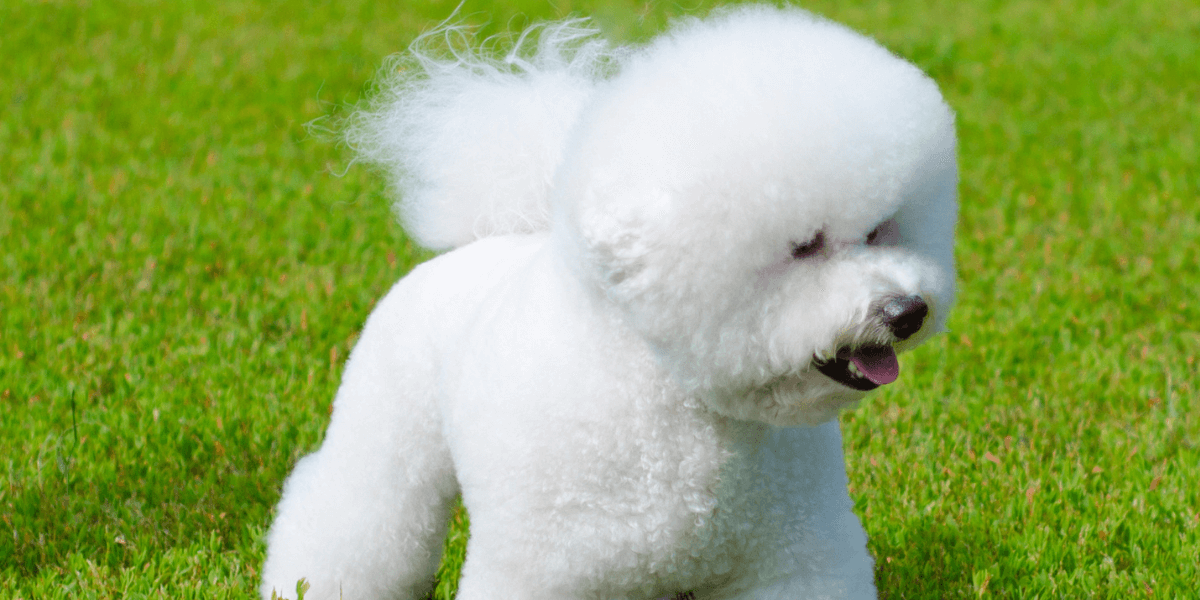
Obesity can lead to various health issues in Bichon Frises.
- Causes: Overfeeding, lack of exercise, and treats contribute to weight gain
- Symptoms: Include weight gain, fatigue, and difficulty breathing
- Diagnosis: A vet assesses the dog's weight and body condition
- Treatment: Involves a controlled diet and increased physical activity
- Prevention: Portion control and regular exercise maintain a healthy weight
- Diet: Choose high-quality dog food with balanced nutrients
- Exercise Routine: Regular walks and playtime keep weight in check
- Monitoring: Regular vet visits help track and manage weight
10. Diabetes

Diabetes is one of the health concerns for Bichon Frise that owners should be aware of.
- Symptoms: Excessive thirst, frequent urination, and weight loss
- Causes: Genetics and obesity are common risk factors for diabetes
- Diagnosis: Involves blood and urine tests to check glucose levels
- Treatment: Requires insulin injections and a specific diet
- Prevention: A healthy diet and regular exercise help reduce risks
- Management: Daily monitoring and regular vet check-ups are essential
- Complications: Include cataracts, nerve damage, and kidney issues
- Support: Consistent care and routine are key to managing diabetes
FAQs
1. What are the common symptoms of allergies in Bichon Frises?
- Itching, redness, and frequent ear infections
2. How can I prevent dental disease in my Bichon Frise?
- Brush their teeth daily and provide dental chews
3. What should I do if my Bichon Frise has a bladder stone?
- Consult a vet for diagnosis and possible treatment options
4. How often should I clean my Bichon Frise’s ears?
- Clean ears weekly or as recommended by your vet
5. What is the best way to manage hip dysplasia in Bichon Frises?
- Weight management, joint supplements, and vet guidance
6. Can cataracts in Bichon Frises be treated?
- Yes, surgery is often the most effective treatment
Conclusion
- Being aware of the common health concerns for Bichon Frise is essential for maintaining their overall well-being.
- Maintain a balanced diet and healthy weight to prevent common issues
- Early detection helps manage many health concerns effectively
- Awareness and care go a long way in keeping your dog healthy
- Stay informed about breed-specific health issues for better prevention
- Consult your vet for tailored care recommendations for your Bichon Frise



